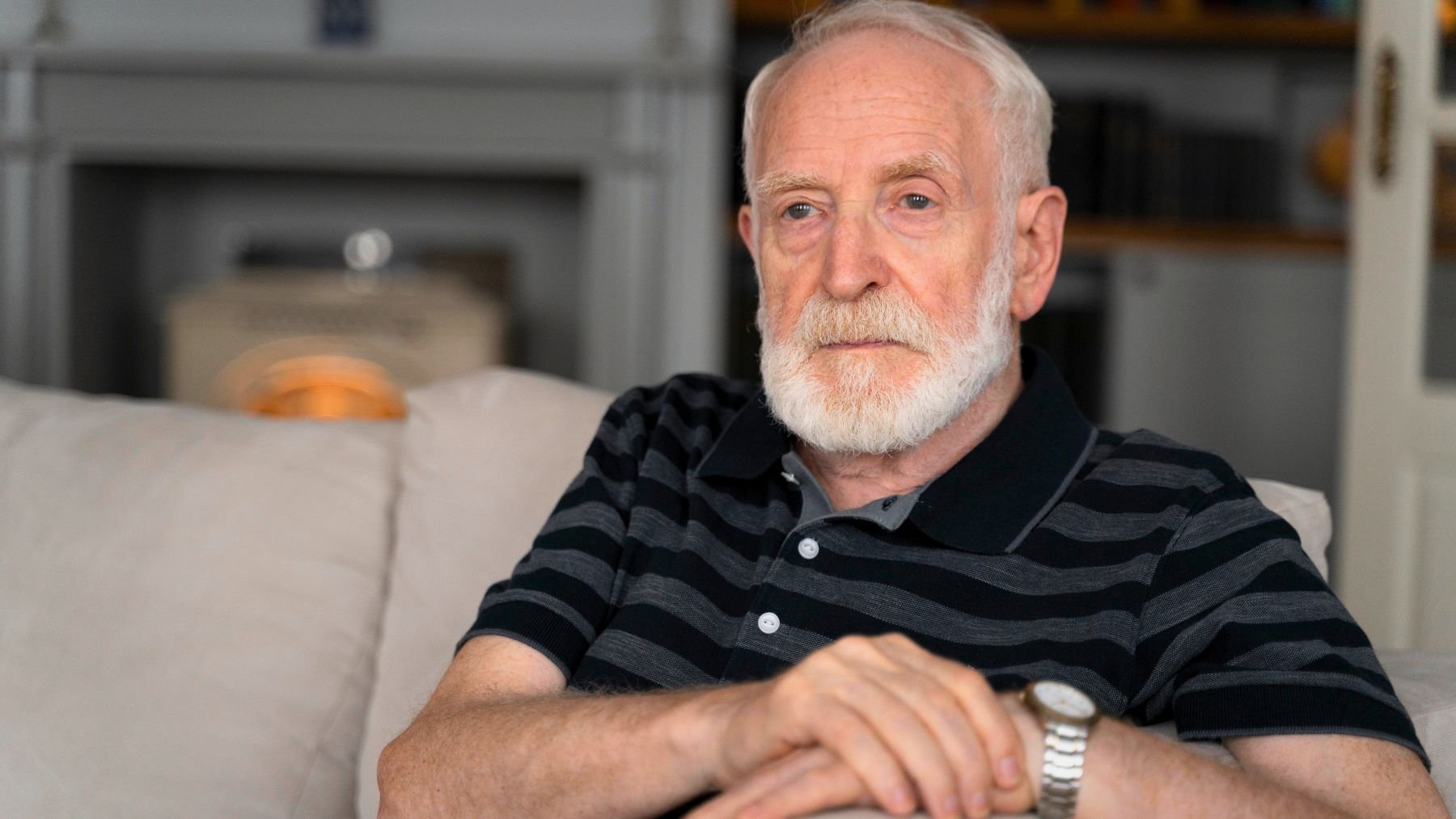Most people assume that older adults facing loneliness would opt for living with their family, but research reveals another priority. A sociological investigation has shown that those over 65 consistently select living alone, prioritizing personal space and self-reliance over the dynamics of shared households.
This decision is deeply rooted in the desire for privacy and autonomy despite some of the challenges that come with age and isolation. Here, we’ll examine the key findings of a study by University of Granada researcher Juan López Doblas, based on in-depth interviews with retirees in Spain. We delve into their reasons for preferring to live alone, from the avoidance of becoming a familial burden to a profound attachment to their homes.
Why retirees choose solitude
Sociologist Juan López Doblas devoted considerable time to conducting detailed, hour-long interviews with diverse groups of Spaniards aged 63 and older. Focusing on regions marked by distinct aging trends—such as Asturias and Andalusia—the study explored various retirement living preferences. A notable finding was that retirees overwhelmingly value their personal privacy and freedom over other aspects.
Privacy and independence matter most
The retirees voiced a strong wish to exercise full control over their daily routines and personal space. They expressed deep concerns that moving in with family might force them to sacrifice their independence and disrupt their autonomy.
There was an acute awareness of the possibility of intruding on their relatives’ private lives as well, along with a determination to safeguard their own boundaries. Many anticipated that the minor, yet inevitable, frictions of daily shared living could escalate into discomfort, arguments, and conflicts.
Avoiding feeling like a burden
A significant anxiety among the retirees centered on the fear of being perceived as a burden to their children or other relatives. They were resolute in preventing any scenario that might impose an additional responsibility on their family members. Instead, they viewed living independently as a way to preserve both their dignity and the established dynamics within the family.
Emotional home attachment runs deep
The study revealed the intense emotional bond that exists between retirees and their current homes. Even if their dwellings were not ideally suited for the challenges of aging, these residences embodied decades of memories, personal history, and a profound sense of belonging. The thought of uprooting was seen as an unnecessary sacrifice that could sever essential social ties.
Financial self-sufficiency
Although many participants—especially widowed women—acknowledged that their pensions were often limited, they took great pride in managing their lives independently. Attaining self-reliance was not merely a matter of convenience; it was integral to preserving their dignity, control, and overall sense of well-being.
For retirees, especially those who have lost a spouse, transitioning to solo living is accompanied by significant challenges, including feelings of loneliness. Nonetheless, the study found that these difficulties are carefully weighed against the immense value placed on autonomy and freedom in later years. Living alone in a space that is wholly their own represents a balance that contributes to resilience and the pursuit of self-fulfillment.

